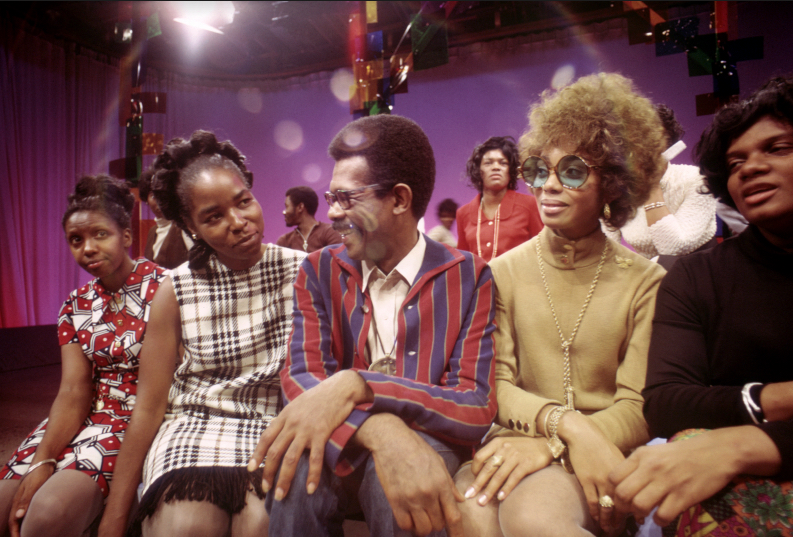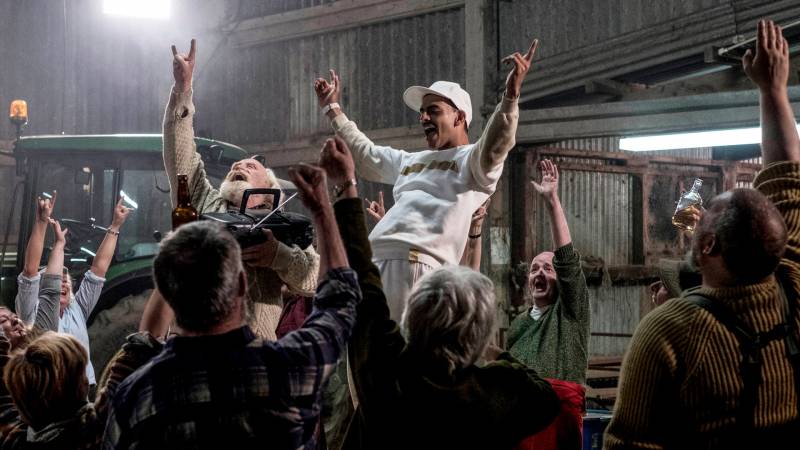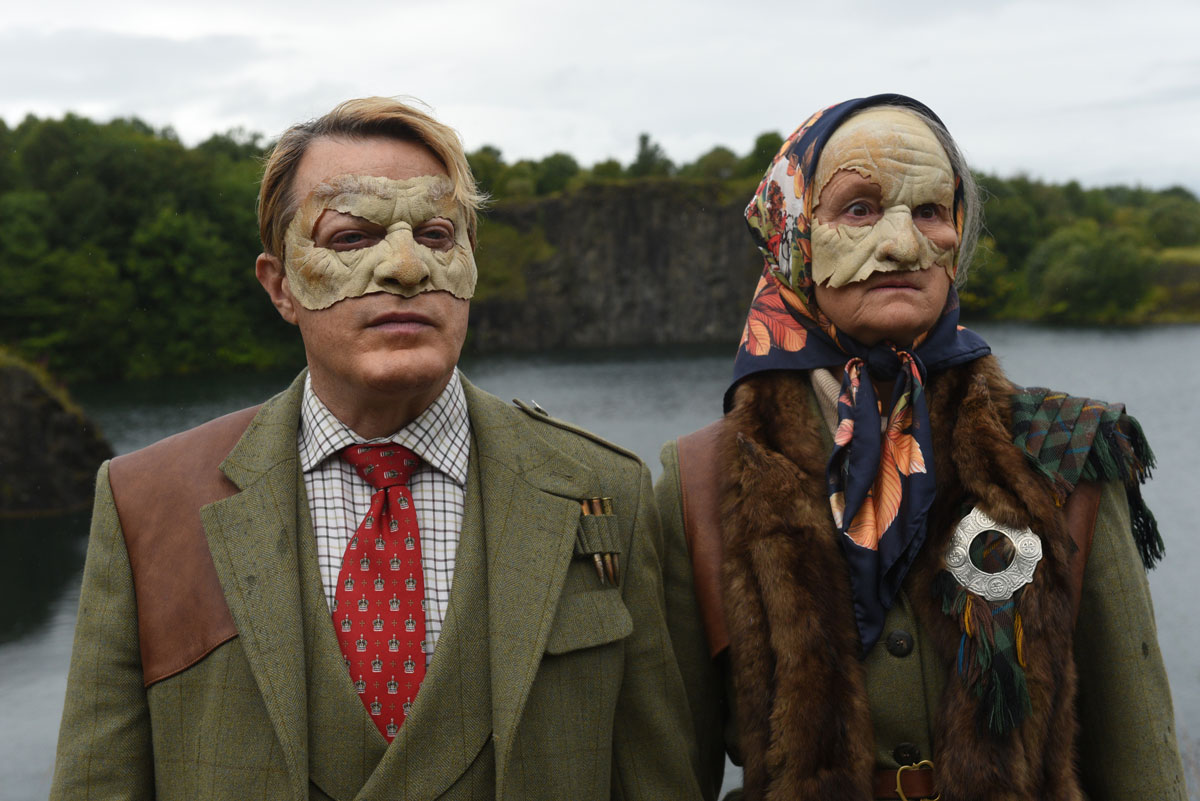If there’s such a thing as summer noir, we’re caught in one. One hazy day follows another, frustration edging toward desperation, ennui curdling into recklessness. The lone saving grace is that with the saloons mostly closed—their murky interiors, at least—our chances of being lured into a doomed scheme by a slickly smooth guy or gal at the end of the bar are greatly reduced.
The cure for the summertime blues, if I may challenge the teenage wisdom of rock ’n’ roll immortal Eddie Cochran, is cinema. Even if we can’t avail ourselves of the air-conditioned, freshly popped respite of the theater, we can lift our spirits with trips to distant climes or times.
San Francisco Black Film Festival
Through Aug. 30
But not just yet. Amplifying the tenor of the times, this year’s extended S.F. Black Film Festival spotlights realities that far too many people beyond the Black community have avoided. The pain is pervasive, and intensified by the Aug. 7 passing of SFBFF co-director Kali O Ray following a stroke. Escapism is not on the program, not this year.
The lineup is expansive and eclectic, a mix of shorts and features, either free or affordably priced. New titles go up on the site a couple times a day. On the nonfiction side, Daryl B. Jones’ Tender casts an empathetic eye on the housing struggles of Black trans women in the Tenderloin. Halfway around the globe, Iké Udé’s Nollywood in Focus takes us behind the scenes of the Nigerian film industry.
The fiction offerings include Shabazza Hameed’s short Unordinary Occurrence, in which the protagonist is put in an awkward but potentially rewarding spot by a co-worker. In local filmmaker Sephora Woldu’s semi-autobiographical feature debut, Life is Fare, a young Eritrean-American filmmaker imagines an Eritrean immigrant grappling with his culture and identity in San Francisco. The S.F. Black Film Festival continues online through Aug. 30.

Mr. Soul!
Opens Aug. 28
Streaming via local theaters
From 1968 to 1973, New York City’s public TV station produced, aired and syndicated a weekly Black variety show to PBS stations around the country. Ellis Haizlip, a fearless producer of theatrical, dramatic and musical works that encompassed James Baldwin’s The Amen Corner and the Alvin Ailey American Dance Theater, was the producer and host of the perfectly named Soul! Seizing the medium and the moment, Haizlip was a soft-spoken man on a mission.
Haizlip gave a platform to Black artists whom every other TV show ignored or didn’t know, and he inspired Black viewers with a constellation of talent and ideas. But his mandate went far beyond showcasing organist Billy Preston and the God Squad or introducing balladeers like Ashford & Simpson. Haizlip routinely booked radical poets like Nikki Giovanni and Amiri Baraka (with the Pharoah Sanders Ensemble), and presented dance performances choreographed by George Faison.



